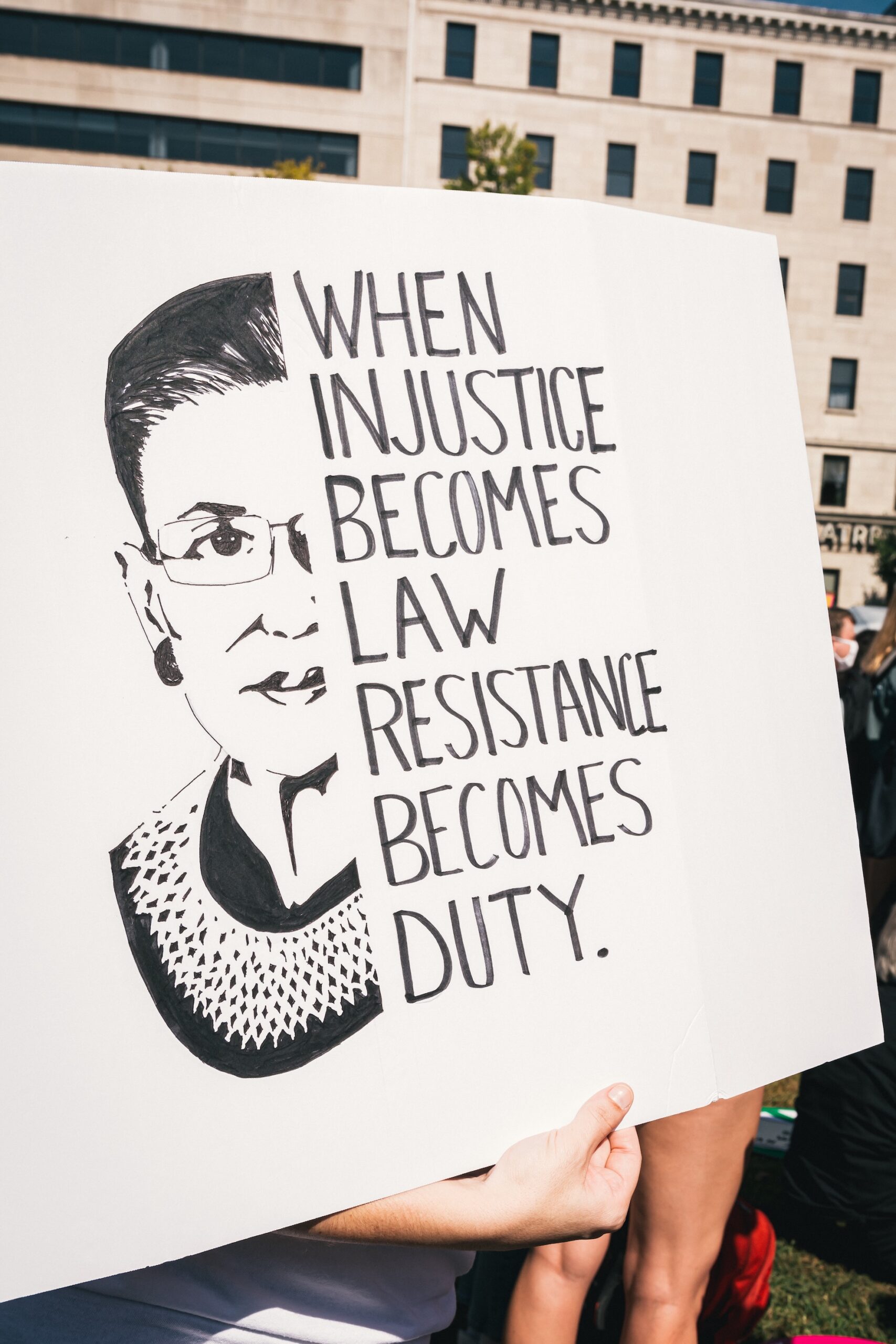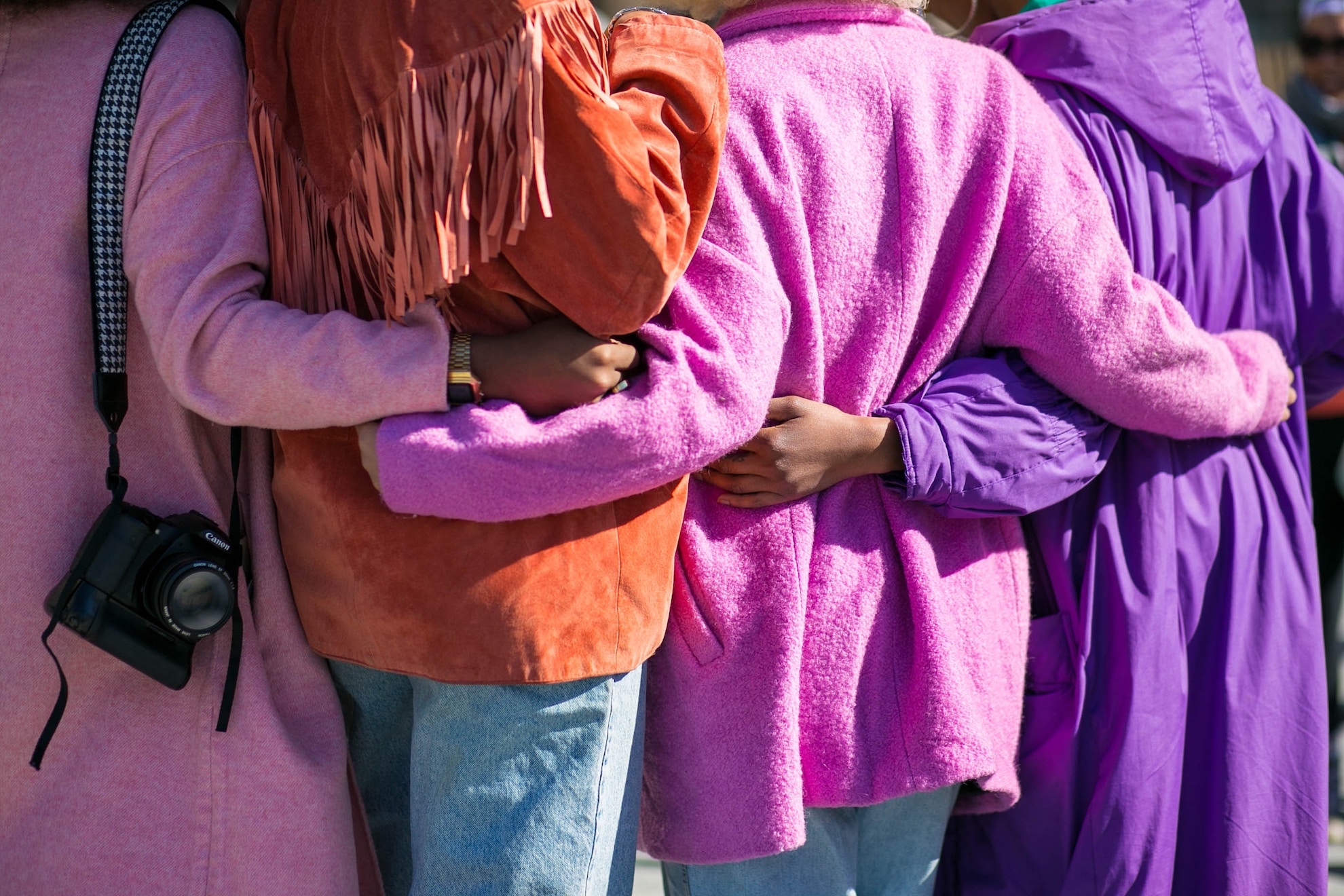Civil rights leader Bayard Rustin was born on this day in 1912. As a gay black man who helped plan the 1963 March on Washington, Rustin’s life illustrates the reality of intersectional struggles. In February 2020, California Governor Gavin Newsom posthumously pardoned Rustin for a 1953 conviction under laws that targeted LGBTQ people. Cite the values of equity and voice when talking about Rustin’s life.
Tag: racial justice
Atlanta Spa Shootings
Today is the anniversary of the Atlanta spa shootings. The 2021 attack on three spas killed eight people, six of whom were women of Asian descent, and took place during a year marked by an increase in anti-Asian attacks across the country. When remembering this date, acknowledge how the intersectionality of racism, misogyny, and xenophobia has historically resulted in violence against Asian American women. And follow the lead of Asian American and Pacific Islander (AAPI) groups to center the voices countering anti-Asian racism in ways that align with Asian cultural practices.
Ruth Bader Ginsburg
Supreme Court Justice Ruth Bader Ginsburg was born on this day in 1933. Before becoming the second woman on the Supreme Court, the late Justice had a long legal career as an advocate for gender equality and women’s rights. As a cultural icon, her impact transcended courts. When discussing her legacy, it’s also important to note her mixed judicial record on issues of race and criminal justice, with particularly damaging decisions for indigenous rights. Cite the values of economic opportunity and voice.
Deb Haaland
On this day in 2021, Deb Haaland became the first Native American Cabinet Secretary, following the U.S. Senate’s vote to confirm her nomination to head the Department of the Interior. In 2018, Secretary Haaland joined Rep. Sharice Davids in becoming the first Native American women elected to the U.S. Congress. Secretary Haaland is a member of the Pueblo of Laguna and identifies as a 35th generation New Mexican. Cite the values of voice and equity when celebrating her leadership.
March Madness
The March Madness college basketball tournaments begin this week. Both the men’s and women’s tournaments continue through the end of March, culminating with the NCAA Women’s and Men’s National Championship games. In recent years, the inequitable facilities and promotion of the two tournaments have drawn criticism. Both men and women athletes have also benefited in recent years from the reversal of prohibitions on financial compensation, with collegiate athletes now able to sign name, image, and likeness endorsements. Cite the values of voice and equity when talking in support of paying student-athletes.
Academy Awards
The Oscars awards ceremony airs live today, starting at 8:00 p.m. ET / 5:00 p.m. PT. In recent years, the Oscars have drawn criticism for how nominations embody the failure to celebrate and uplift BIPOC creators’ work in Hollywood. Visit the Academy’s website to learn more about this year’s nominations and emphasize the values of equity and voice when talking about the show.
International Women’s Day
Today is International Women’s Day. Use this event to discuss the importance of intersectionality and the need for both equity and inclusivity to guide collective action towards gender justice. Cite the values of voice, equity, and economic opportunity.
Selma to Montgomery March
The first march from Selma to Montgomery for voting rights in Alabama took place on this day in 1965. Use this anniversary to talk about the renewed urgency to protect voting rights and fight racial injustice. Cite the values of equity and voice.
Rodney King
On this day in 1991, officers with the Los Angeles Police Department were captured on camera beating Rodney King during a traffic stop. This anniversary offers the opportunity to remind audiences of the long trajectory of police accountability movements. When commemorating this date, uplift the need to go beyond policing to prioritize solutions grounded in community safety that ends over-policing in communities affected by poverty. Cite the values of community, safety, and equity.
Claudette Colvin
On March 2, 1955 (nine months before Rosa Parks’ act of civil disobedience), 15-year-old Claudette Colvin was arrested for refusing to give up her bus seat to a white passenger. She became one of four plaintiffs in Browder v. Gayle, which ruled that Montgomery’s segregated bus system was unconstitutional. When discussing this anniversary, cite the values of equity and voice, as well as the importance of youth voices in social justice activism.





